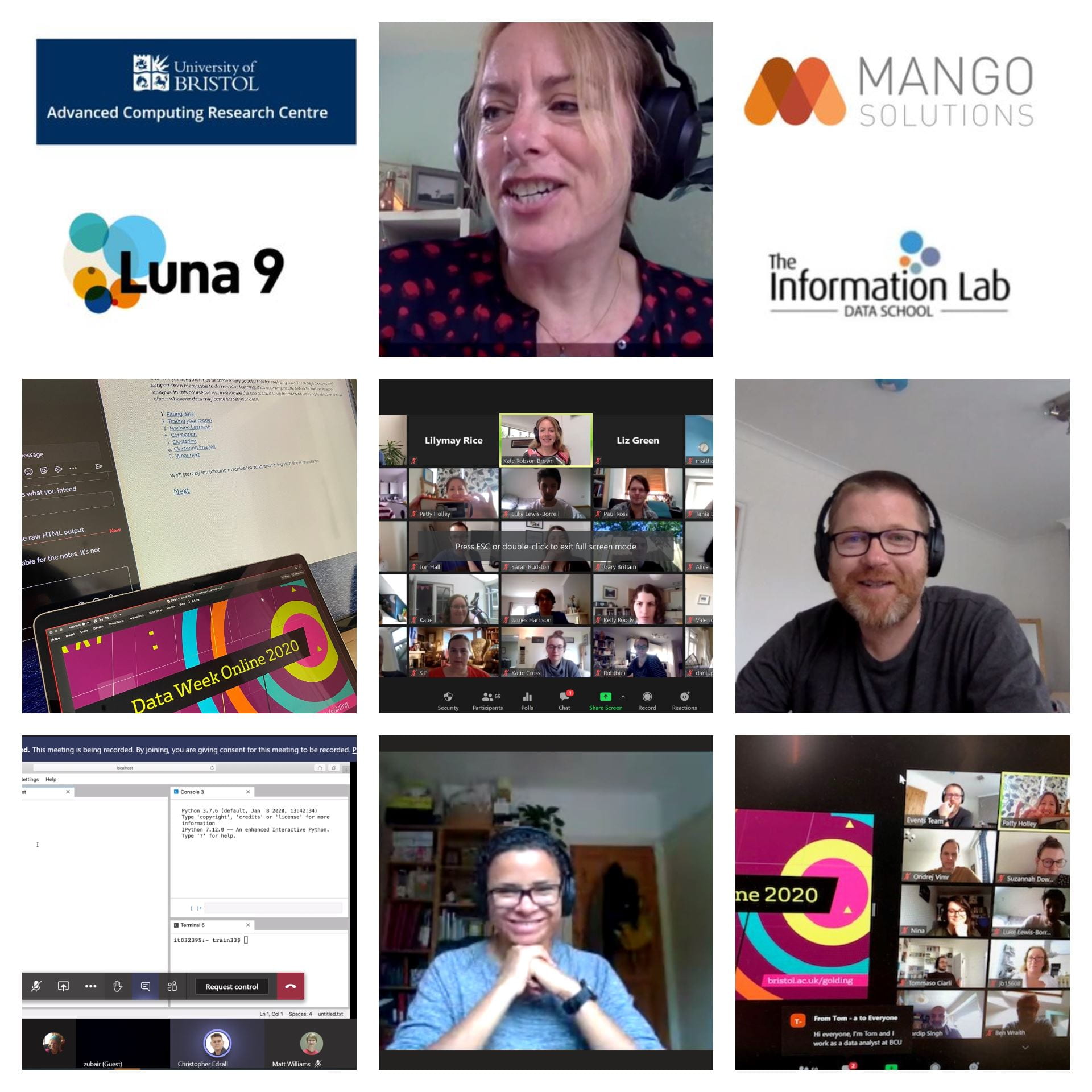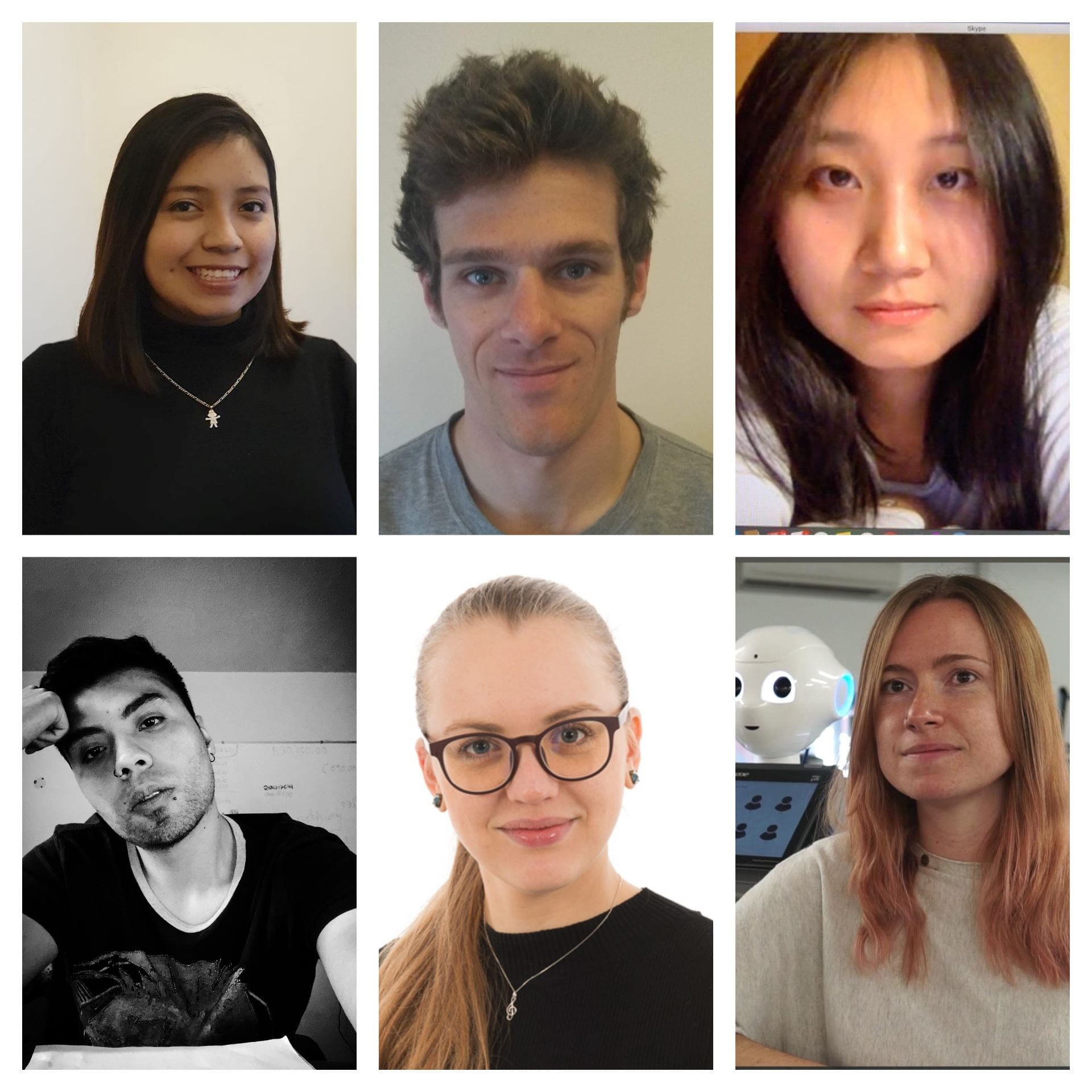-

Predicting cause of death and the presence of bad healthcare practice from free-text summaries
We used machine learning to predict cause of death from free text summaries of those diagnosed with prostate cancer; and the presence of bad practice in health and social care for those who have died with learning difficulties. Aims Knowledge of underlying cause of death (UCoD) is a key health outcome in research and service…
-

Digital Humanities meets Medieval Financial Records
Blog by Mike Jones, Research Software Engineer in Research IT, University of Bristol The purpose of this project was to explore the use of ‘Digital Humanities methodologies’ in analysing an English-language translation of a medieval Latin document. We used data analysis tools and techniques to extract financial data and entities (e.g. people, places and communities)…
-

Decoding pain: real-time data visualisation of human pain nerve activity
Blog post by Manuel Martinez, Research Software Engineer and Dr Jim Dunham, Clinical Lecturer, from the School of Physiology, Pharmacology and Neuroscience at the University of Bristol We are developing new tools to analyse human pain nerve activity in real time. This will aid diagnosis in chronic pain and enable individualised, targeted treatments. Some patients…
-

Mood music – Inferring wellbeing from Spotify
Does what you listen to reflect how you feel? And if it did, what would you think about using your music history to track your mood? Blog post by Nina Di Cara, PhD researcher, Population Health Sciences, University of Bristol Our research group, the Dynamic Genetics Lab, previously looked at whether what we do and…
-

Building capacity for big data management for Ghana’s developing economy
A Science and Technology Facilities Impact Award (STFC IAA) won by a team from the Physics department in collaboration with the start-up iDAM and facilitated by the JGI will provide hardware and software facilities for high volume data storage and archiving, processing, visualisation, algorithm development and testing for research in academia and industry in Ghana,…
-

Bristol Data Week 2020 took place online with data science talks, training and workshops
Bristol Data Week is an annual week-long series of talks, seminars and workshops in data science and data-intensive research, open to both University of Bristol attendees, as well as external individuals and organisations. A week of talks, workshops and training in data science Talks included the role of data science in the COVID-19 response, data…
-

Facebook awards funding to academic partnership to research the impact of the digital economy on regional inequalities in the UK
Facebook has awarded funding to a team of academics from the City-Region Economic Development Institute (City-REDI) at the University of Birmingham, the School of Geographical Sciences at the University of Bristol, and The Alan Turing Institute, to undertake data-driven research focusing on how the ongoing digital revolution affects regional economic growth and the industrial landscape,…
-

COVID-19 and community support: Mapping unmet support needs across Wales
Project team: Dr Oliver Davis, Dr Valerio Maggio, Dr Alastair Tanner, Nina Di Cara, Chris Moreno-Stokoe, Benjamin Woolf. Since the pandemic started, communities have been mobilising to help each other; from shopping for elderly neighbours, to offering to offering a friendly face or other support. Mutual aid networks have sprung up all over the country,…
-

JGI Post Graduate Researchers seed corn funding winners 2020 announced
JGI Seed Corn scheme The Jean Golding Institute are pleased to announce the Post Graduate Researcher seed corn funding awards. Every year we provide seed corn funding to Post Doctoral Researchers, but this year we are pleased to also be able to provide funding to small-scale projects for Post Graduate Researchers at the University of…

The University of Bristol's central hub for data science and data-intensive research, connecting a multidisciplinary community of experts across the University and beyond.
